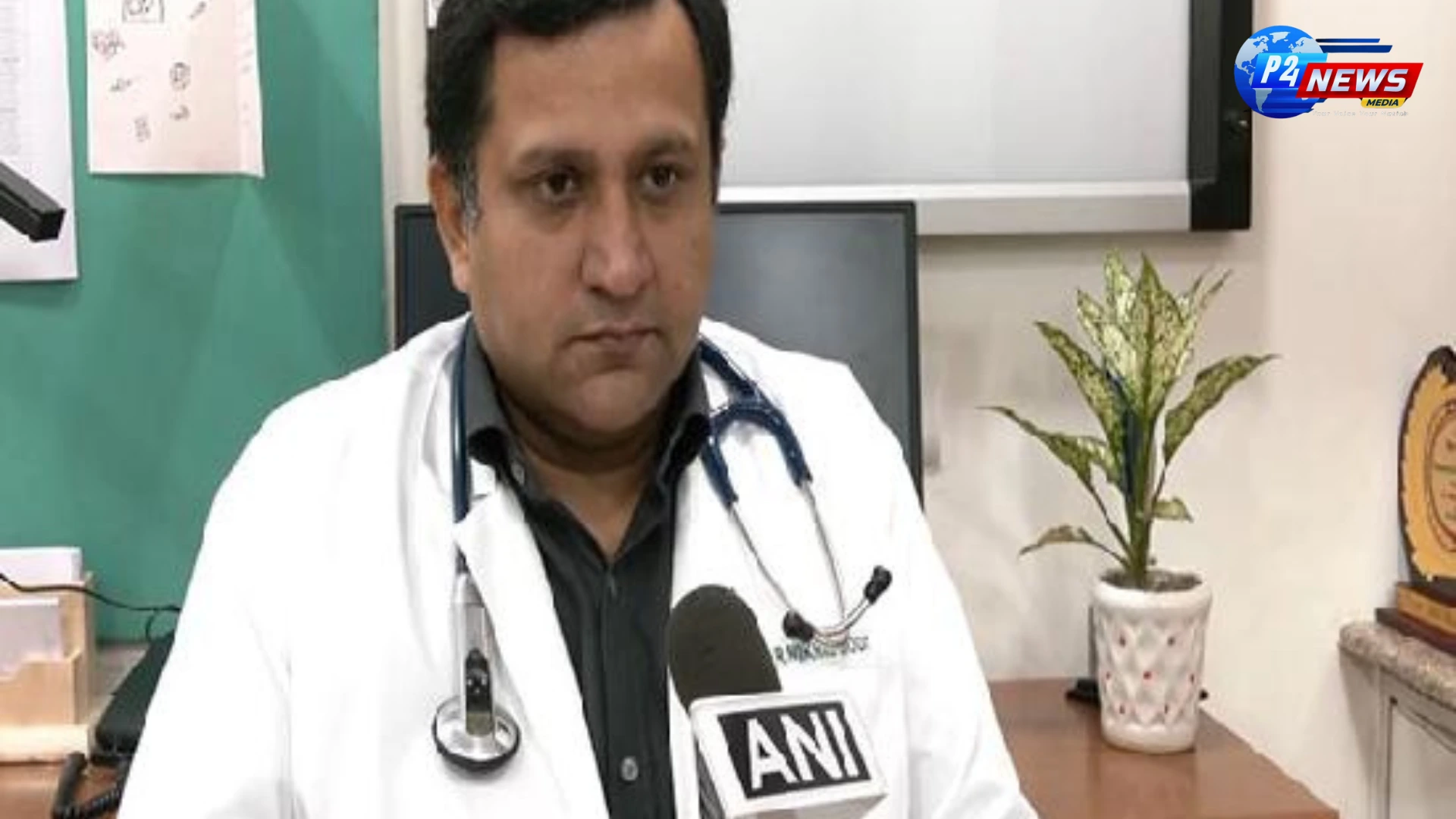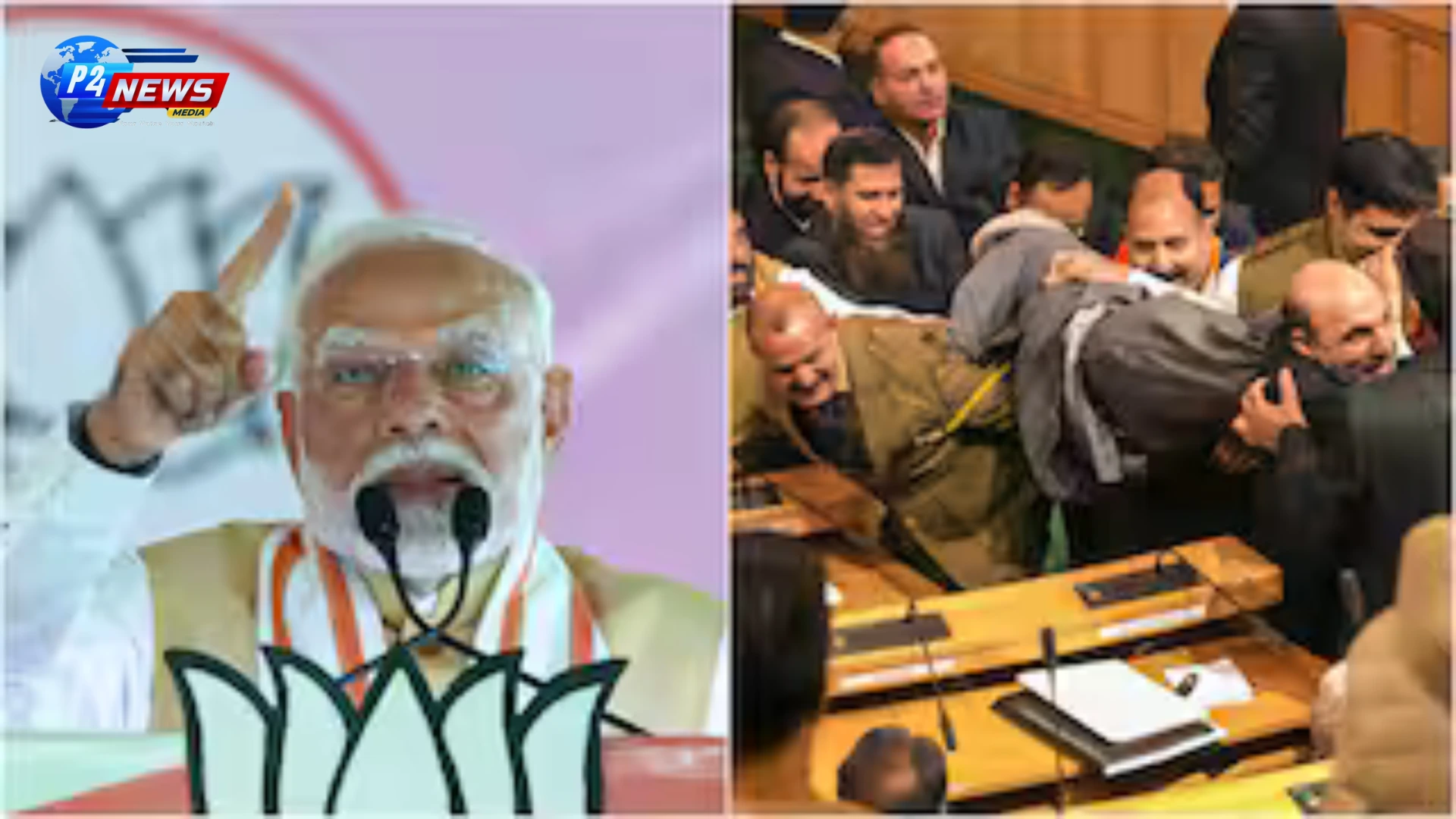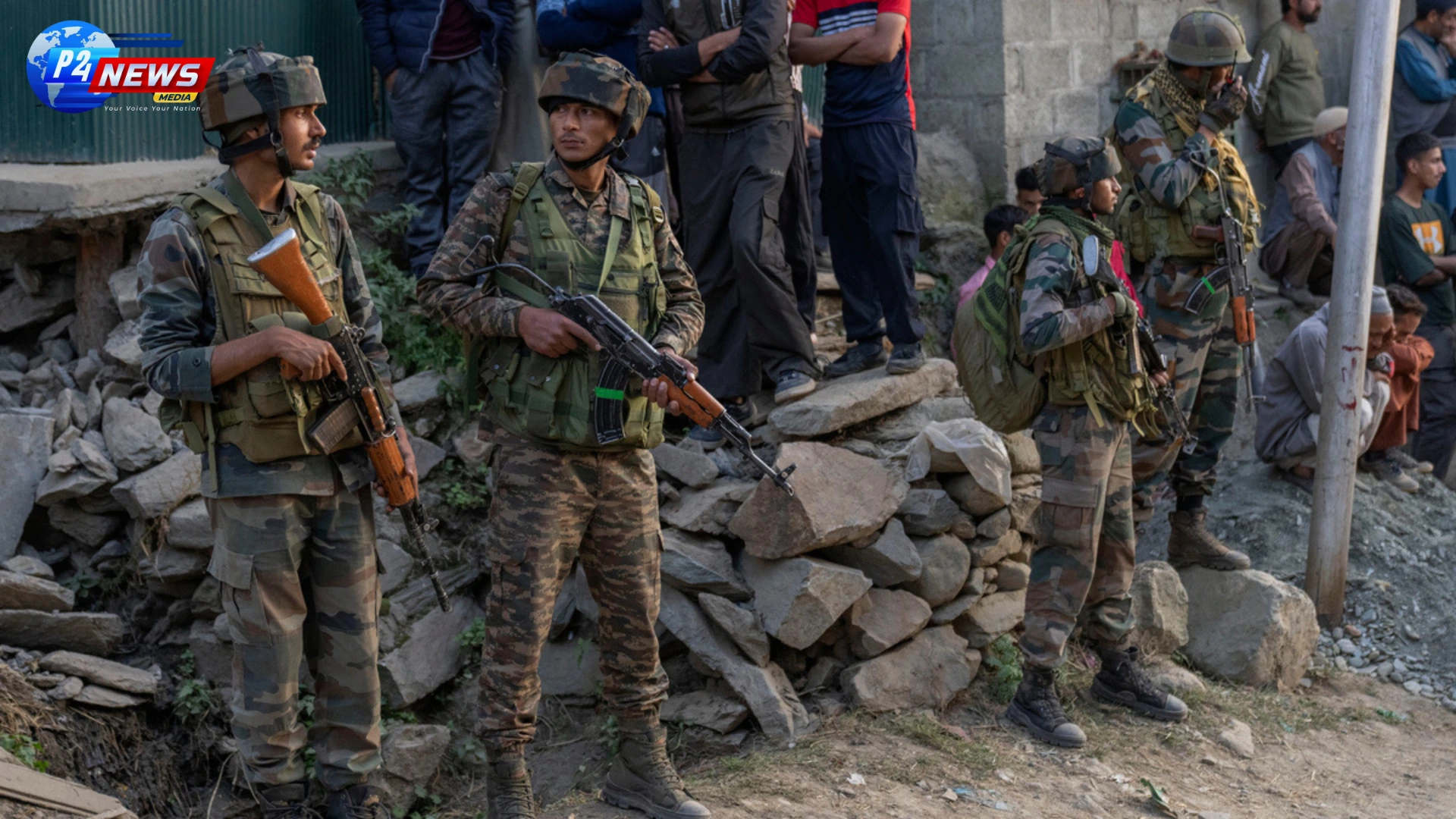In light of the alarming levels of air pollution in Delhi, an Apollo Hospital doctor has proposed the temporary closure of schools to safeguard children's health. This recommendation has sparked a significant debate regarding public health measures in the capital. As particulate matter levels continue to soar, experts emphasize the urgency of addressing the deteriorating air quality.
Overview of Delhi's Air Pollution Situation
Delhi has been grappling with a severe air quality crisis, particularly during the winter months when pollution levels tend to peak. The concentration of harmful pollutants, including PM2.5 and PM10, has reached alarming levels, posing significant risks to public health. Recent reports indicate that air quality in the city has fallen below acceptable limits, prompting health professionals to raise concerns about the impact on vulnerable populations, especially children.
Doctor's Recommendations
An esteemed physician from Apollo Hospital has made headlines by recommending that schools consider temporary closures. This proposal comes in light of rising air pollution levels that can exacerbate respiratory issues among children. The doctor argues that limiting outdoor exposure during high pollution days is critical to protecting young lungs and overall health.
Health Risks Associated with Air Pollution
Research indicates that prolonged exposure to air pollutants can lead to a range of health issues, including asthma, bronchitis, and other respiratory ailments. Children are particularly susceptible, as their lungs are still developing. Medical professionals emphasize the need for protective measures to prevent long-term health consequences. With schools serving as environments where children spend significant amounts of time, the proposal for closures is aimed at minimizing their exposure to hazardous air.
Public Response and Government Action
The suggestion to close schools has ignited discussions among parents, educators, and policymakers. While some parents support the idea, fearing for their children's health, others express concerns about the impact on education and daily routines. The government has been urged to take immediate action to address the pollution crisis, which includes not only considering school closures but also implementing long-term solutions to improve air quality in Delhi.
Long-Term Solutions for Air Quality Improvement
Experts agree that while temporary measures such as school closures may be necessary, long-term strategies are essential for sustainable improvement in air quality. Investments in green infrastructure, promotion of public transportation, and stricter regulations on industrial emissions are vital steps forward. Additionally, public awareness campaigns about the importance of reducing pollution can help foster community engagement in addressing this pressing issue.
Conclusion
As the debate continues regarding school closures in light of Delhi's air pollution crisis, it is evident that collective action is needed to protect the health of children and the broader community. The recommendations made by health professionals should be taken seriously, and both immediate and long-term strategies must be implemented to combat air pollution effectively. The health and safety of future generations depend on the actions taken today.
















Comments 0